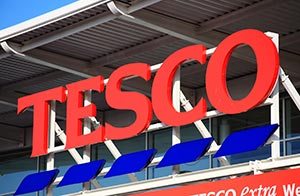
News of Tesco’s Deferred Prosecution Agreement promises me another day combing through meticulously negotiated documents to see if in-house, or outside, lawyers were involved in the latest corporate scandal.The reason I am on the lookout is I have been reading several studies that look at the macro picture examining the impact of appointing lawyers to senior executive positions in US listed companies. Earnings management (which the false accounting was an attempt at) is one of the ones that crops up.
In broad terms the studies are good news for in-house lawyers. They tend to show a positive impact on corporate governance where lawyers are in very senior roles in listed corporates in the US. One such study finds significantly reduced compliance breaches (related to accounting and insider training) and monitoring breaches (general failures of legal risk management related to contract, antitrust, disclosure and so on) associated with senior lawyer appointments to companies (Morse et al, ‘Executive Lawyers: Gatekeepers or Strategic Officers?’). Another that companies with senior lawyers in the top management, ‘are more likely to issue forecasts, particularly bad news forecasts, than other firms.’ (Kwak et al ‘The Composition of Top Management with General Counsel and Voluntary Information Disclosure’).










